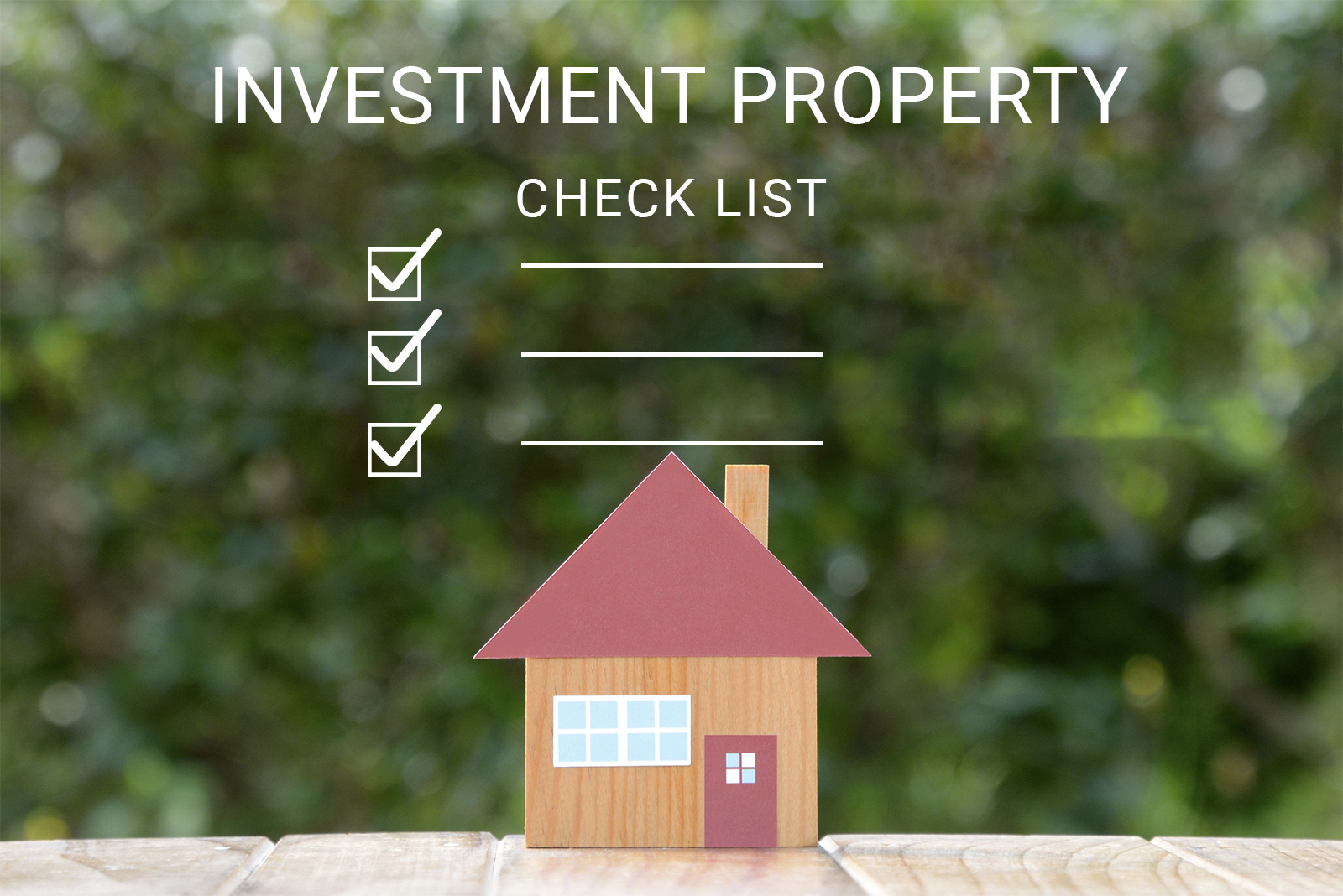A property can have two different valuations, market valuation and bank valuation.
Market value provides an indication of what a property may sell for on the market, while bank property valuation is done by the lender to help determine their risk.
The bank property valuation is usually more conservative and doesn’t reflect the market value of the property. The bank property valuation is designed to protect banks from the risk of you defaulting on the loan. It is used an internal business tool that estimates what a lender can reasonably expect to recoup if they ever need to repossess the property and sell it. They also factor in agent commissions and legal costs. Thus, bank property valuation calculates differently from market value.
Although bank valuation isn’t an accurate reflection of the true property value, it is a major determining factor in whether you qualify for a loan or not. Some banks will charge you for bank property valuation, and others will offer it free when you apply for a mortgage.
If you default on your mortgage, the bank needs to sell the property and incur all the costs involved in the sale. If you encounter financial hardship and you default on your mortgage payments, you will be best to try and sell the property yourself for “market value”, before the bank steps in and sells it for whatever they can.
On the other hand, the market value is an estimation of a property's value on the real estate market, and normally higher than the bank valuation. The market value takes into account the local infrastructure, location, buyer demographics, comparability and desirability of the property and recent sales, all of which the bank property valuation doesn’t factor in.
The bank property valuation is simply cold hard numbers, and you can request a second valuation by another valuer if you are not happy. It is possible to dispute the bank valuation, but it's very hard and you need to have solid evidence to prove your point. You should also consider that this is not often successful.
Even when you have a pre-approved loan, you should remember that if there is a substantial discrepancy between what you have agreed to pay for a property, and what the bank values it at, that you may run into some difficulties.
If you cannot meet the lenders required Loan to Value Ratio (LVR), you may not get the final approval for the loan, and can try a number of avenues in this instance. When buying a property, make sure you have done your research completely. There are numbers of good websites like Realestate.com.au, Domain (domain.com.au), Onthehouse (onthehouse.com.au) and Homely (homely.com.au) that can give you a good indication of market value.
You should remember that proper research will reduce the likelihood of agreeing to pay substantially more than the bank property valuation, and in turn having issues with the final loan approval.



